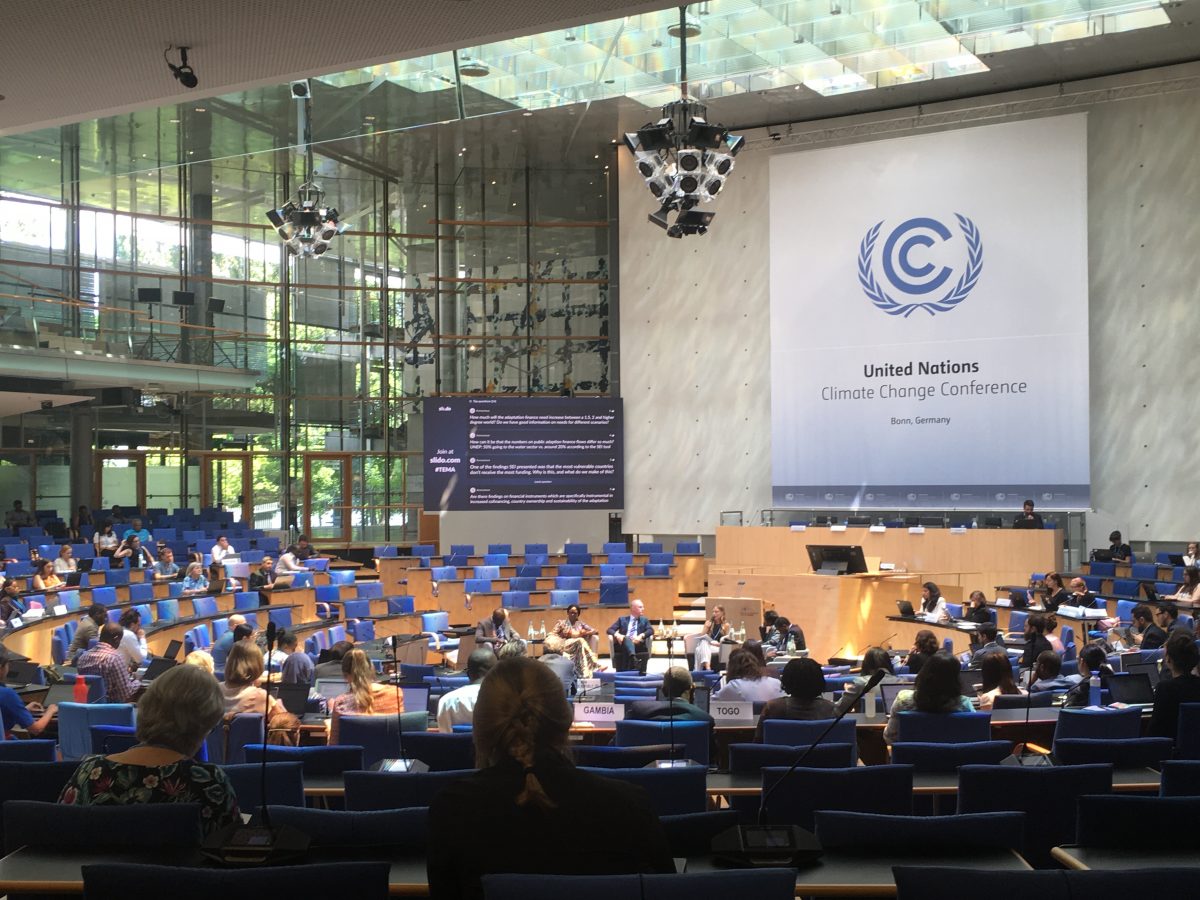A new report by the UN Environment Programme (UNEP) states that plastic pollution could reduce by 80 percent by 2040 if countries and companies make deep policy and market shifts using existing technologies.
The report released ahead of the 2023 World Environment Day on June 5, and a second round of negotiations in Paris on a global agreement to beat plastic pollution and outlines the magnitude and nature of the changes required to end plastic pollution and create a circular economy.
According to UNEP Executive Director, Inger Andersen, “The way we produce, use, and dispose of plastics is polluting ecosystems, creating risks for human health, and destabilizing the climate.
“This UNEP report lays out a roadmap to dramatically reduce these risks through adopting a circular approach that keeps plastics out of ecosystems, our bodies, and the economy.
“If we follow this roadmap, including in negotiations on the plastic pollution deal, we can deliver major economic, social, and environmental wins,” he said.
To slash plastic pollution by 80 percent globally by 2040, the report suggests first eliminating problematic and unnecessary plastics to reduce the size of the problem.
Subsequently, the report calls for three market shifts – reuse, recycle, and reorient and diversify products:
Reuse: Promoting reuse options, including refillable bottles, bulk dispensers, deposit-return schemes, packaging take-back schemes, etc., can reduce 30 percent of plastic pollution by 2040. To realise its potential, governments must help build a stronger business case for reusables.
Recycle: Reducing plastic pollution by an additional 20 per cent by 2040 can be achieved if recycling becomes a more stable and profitable venture. Removing fossil fuels subsidies, enforcing design guidelines to enhance recyclability, and other measures would increase the share of economically recyclable plastics from 21 to 50 percent.
Reorient and diversify: Careful replacement of products such as plastic wrappers, sachets and takeaway items with products made from alternative materials (such as paper or compostable materials) can deliver an additional 17 per cent decrease in plastic pollution.
Even with the measures above, 100 million metric tons of plastics from single-use and short-lived products will still need to be safely dealt with annually by 2040, together with a significant legacy of existing plastic pollution.
This can be addressed by setting and implementing design and safety standards for disposing of non-recyclable plastic waste, and by making manufacturers responsible for products shedding microplastics, among others.
Internationally agreed policies can help overcome the limits of national planning and business action, sustain a flourishing circular global plastics economy, unlock business opportunities and create jobs.
The report recommends that a global fiscal framework could be part of international policies to enable recycled materials to compete on a level playing field with virgin materials, create an economy of scale for solutions, and establish monitoring systems and financing mechanisms.
Crucially, policymakers are encouraged to embrace an approach that integrates regulatory instruments and policies tackling actions across the life cycle, as these are mutually reinforcing towards the goal of transforming the economy.
The report also addresses specific policies, including standards for design, safety, and compostable and biodegradable plastics; targets for minimum recycling; EPR schemes; taxes; bans; communication strategies; public procurement, and labeling.
By Dare Akogun





